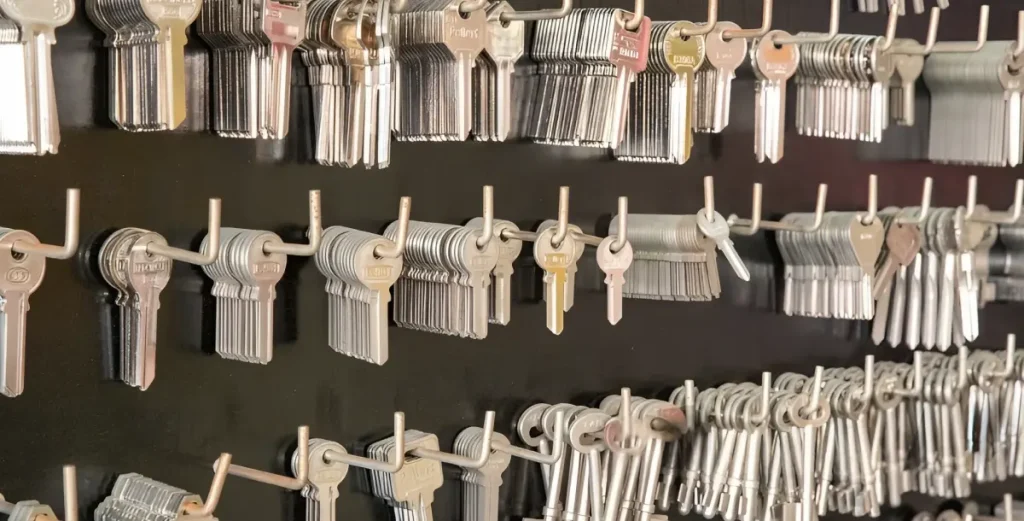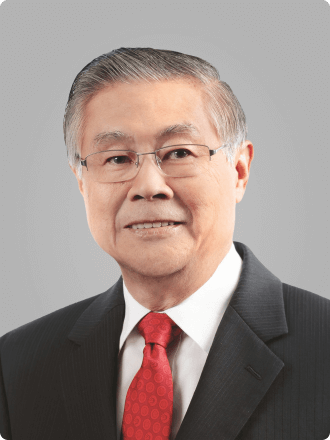For years, Vietnam crypto approach was with caution—applying soft bans, issuing financial advisories, and limiting fiat-crypto rails. But as adoption surged and regional competition intensified, that stance began to shift.
Vietnam’s Ministry of Finance (MoF) Is Paving the Way for Crypto—Here’s Why That Matters for Entrepreneurs.
Vietnam’s Ministry of Finance (MoF) has officially stepped into the crypto conversation—not with vague interest, but with decisive action. Dedicated task forces are now in place, actively reviewing sandbox initiatives and drafting comprehensive legal frameworks that could define how digital assets operate in the country. This marks a significant pivot: blockchain is no longer seen as a regulatory headache but as a strategic economic catalyst.
For business owners, especially fintech leaders and digital asset entrepreneurs, this is more than policy—it’s a potential revenue stream in the making. The MoF’s involvement signals government backing, clearer pathways to compliance, and a future where crypto ventures can scale without regulatory whiplash. This isn’t about waiting for the dust to settle. It’s about stepping into a formalized system that rewards compliant innovation—right now.
Timing Is Everything—And the Window Is Open
Vietnam isn’t overrun with incumbents or policy deadlocks. That’s exactly what makes this moment rare. With 70%+ internet penetration, a growing middle class, and a crypto-hungry youth population, market fundamentals are already in place.
- As of 2024, over 17 million Vietnamese citizens own crypto assets, with some sources citing more than 20 million registered users—roughly 21% of the population.
- Vietnam ranks top 5 globally for crypto adoption and usage.
- In 2023, Vietnamese investors earned nearly $1.2 billion in crypto profits.
- Over half of the population is under 35, fueling a tech-savvy, entrepreneurial user base.
What was missing—until now—was regulatory alignment. Today, that alignment is emerging. And it presents a limited-time opportunity for first movers to set the standard, shape policy via sandbox participation, and build category dominance before the space gets crowded.
For serious blockchain entrepreneurs and fintech executives, this is no longer a speculative play—it’s a strategic entry point.
From Policy to Product: How Entrepreneurs Are Already Gaining Ground
While some wait for final regulations, others are already shipping. Smart players are launching tokenized asset pilots, preparing compliant stablecoin infrastructure, and engaging with government stakeholders through sandbox channels.
What is the Sandbox—and Why It Matters
Vietnam’s upcoming regulatory sandbox, slated to launch in July 2026, is a government-supervised testing environment designed for fintech and blockchain innovations. It allows companies to trial products under live but controlled conditions, with direct feedback from regulators.
This gives first movers two critical advantages:
- Policy Influence – By participating early, companies can help shape the practical implementation of digital asset laws.
- Market Readiness – Sandbox participation offers credibility and faster transition to full licenses once regulations go live.
For blockchain businesses, this is not a theoretical pilot zone—it’s a real runway to build, test, and go to market with regulatory visibility and support.
Projects aligned with the MoF’s vision are being fast-tracked for testing. Some are using localized custodial wallets and POS-ready blockchain payment gateways to serve Vietnam’s underserved cash-first communities. Others are preparing to launch fully auditable exchanges with embedded KYC/AML logic.
These aren’t theoretical use cases. These are go-to-market moves grounded in policy momentum—and executed by those who understand the urgency of right now.
What It Takes to Win in Vietnam Crypto Landscape
But entry alone doesn’t guarantee success. Vietnam crypto economy will reward firms who meet a higher standard—on architecture, security, compliance, and trust.
Winning here will require:
- Infrastructure that aligns with ISO/IEC 27001 or equivalent
- Built-in compliance modules (KYC, AML, KYT) that can adapt as laws evolve
- Local integrations—language, currency, banking APIs
- The ability to support pilot-friendly deployment models, enabling sandbox participation and regulatory feedback loops
In short: Vietnam demands Entrepreneurs who are not just fast, but future-proof. However, choosing the right blockchain solutions provider is no easy peat.
Trust Over Hype—What to Look for in a Blockchain Solutions Provider
As regulation matures, so will scrutiny. Partnerships will no longer be judged solely on features or speed to market. They will be judged by credibility, auditability, and alignment with national standards.
Here’s what a credible infrastructure provider must bring to the table:
- ISO-certified systems that meet enterprise security benchmarks
- Sandbox experience, with past deployments under regulator supervision
- Local expertise: team capacity in APAC, Vietnamese-language support, and legal consulting relationships
- End-to-end support for tokenization, stablecoin deployment, custodial wallets, and blockchain payment systems
Trust becomes your competitive moat. And the vendor you choose becomes your single point of exposure—or advantage.

Why Custody, Payments, and Tokenization Are the Real Battlegrounds
In a regulated landscape, three infrastructure layers will define success:
Custodial Wallets: Security Without Compromise
The closer Vietnam moves toward regulation, the more attention will be paid to how assets are stored—and whether platforms can protect user funds.
ChainUp’s custodial wallet systems are built with that future in mind. They combine multi-signature security, MPC for key management, and real-time monitoring tools that alert on abnormal behavior. This isn’t just good practice—it’s the kind of architecture that earns trust with both users and regulators.
Tokenization
Real-world asset tokenization (RWAs) represents a compliant, low-volatility on-ramp into Vietnam’s digital economy. Platforms that support smart contract governance, whitelisting, and embedded investor rights will earn first-mover credibility.
Blockchain Payment Gateways in a Cash-Heavy Economy
Vietnam remains largely cash-driven, especially outside major cities. This presents a compelling opportunity for blockchain solutions to bridge offline and online payments, making financial access broader and more efficient.
So how does it work?
- QR Code Integrations & POS APIs – Retailers can accept crypto or stablecoins instantly, using existing hardware and software—no overhaul needed.
- Fiat/Stablecoin Settlements – Merchants receive settlements in VND or stablecoins, improving cash flow while reducing costs tied to traditional payment processors.
- Remittances Reimagined – Blockchain dramatically improves cross-border transfers, cutting fees and processing times that often burden migrant families and small businesses.
This isn’t about replacing banks—it’s about improving processes by unlocking speed, savings, and financial inclusion where they matter most.
Stablecoins: Currency Meets Compliance
Meanwhile, stablecoins offer an elegant solution to a very real challenge: volatility. In a cash-heavy, inflation-sensitive economy like Vietnam, the ability to transact in stable, digital currency is a game changer.
These are the rails being laid today—and they’ll determine who wins tomorrow.
ChainUp: Built for Regulated Momentum
This is where ChainUp enters the conversation—not as a hype vendor, but as a long-term strategic infrastructure partner.
ChainUp enables exchanges, wallets, and token platforms to thrive in Asia’s regulated markets, including Singapore, Thailand, and Indonesia. Our ISO 27001-certified systems, regulator-ready compliance modules, and fully localized full stack have supported numerous projects through sandbox pilots, license acquisition, and successful scaling.
In Vietnam, ChainUp brings more than tech. It brings alignment—with policy, with partners, and with the pace of change.
Vietnam’s crypto opening is not a gold rush—it’s a foundation moment. The players who define this market will not be those who move recklessly, but those who move with foresight.
That means building within regulatory bounds, choosing infrastructure that scales with policy, and co-creating with local stakeholders—not just deploying code and hoping for the best.
The next generation of leaders in Vietnam’s digital asset economy will be those who build in the open, with intention, and with partners who understand what’s at stake.
Success in this next phase will belong to the Entrepreneurs who:
- Understand local dynamics
- Respect regulatory nuance
- Choose infrastructure that meets the highest global standards
If you’re serious about launching a compliant, secure, and scalable crypto venture in Vietnam—whether it’s an exchange, wallet, token platform, or stablecoin project—you don’t have to navigate it alone.




